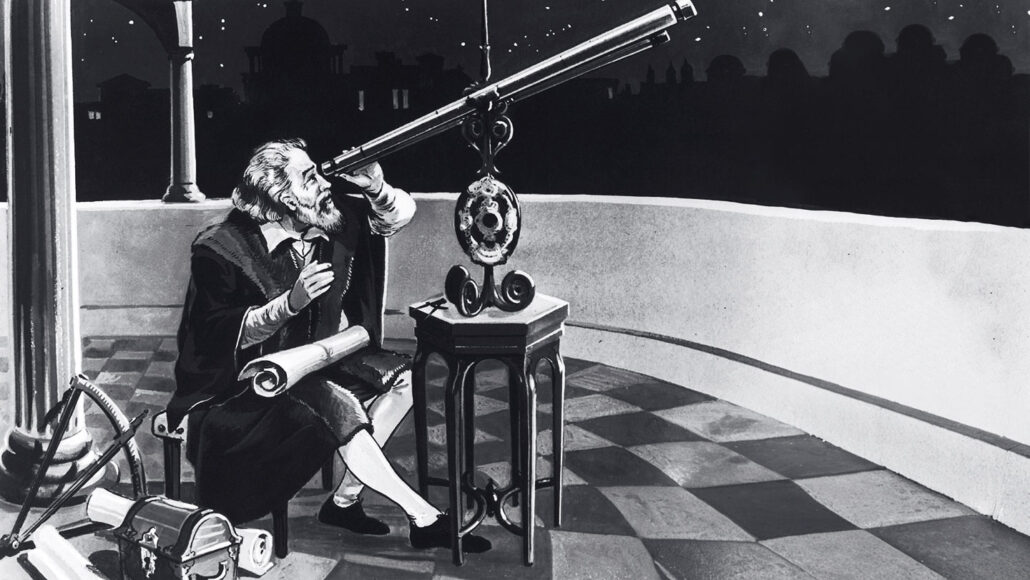Questions for ‘There’s a real upside to knowing you could be wrong’

In Galileo Galilei’s time, the church and scientists thought everything in the cosmos revolved around Earth. Galileo’s observations proved that view wrong and advanced science — but won him house arrest for the rest of his life.
Hulton Archive/Stringer/Getty Images; adapted by L. Steenblik Hwang